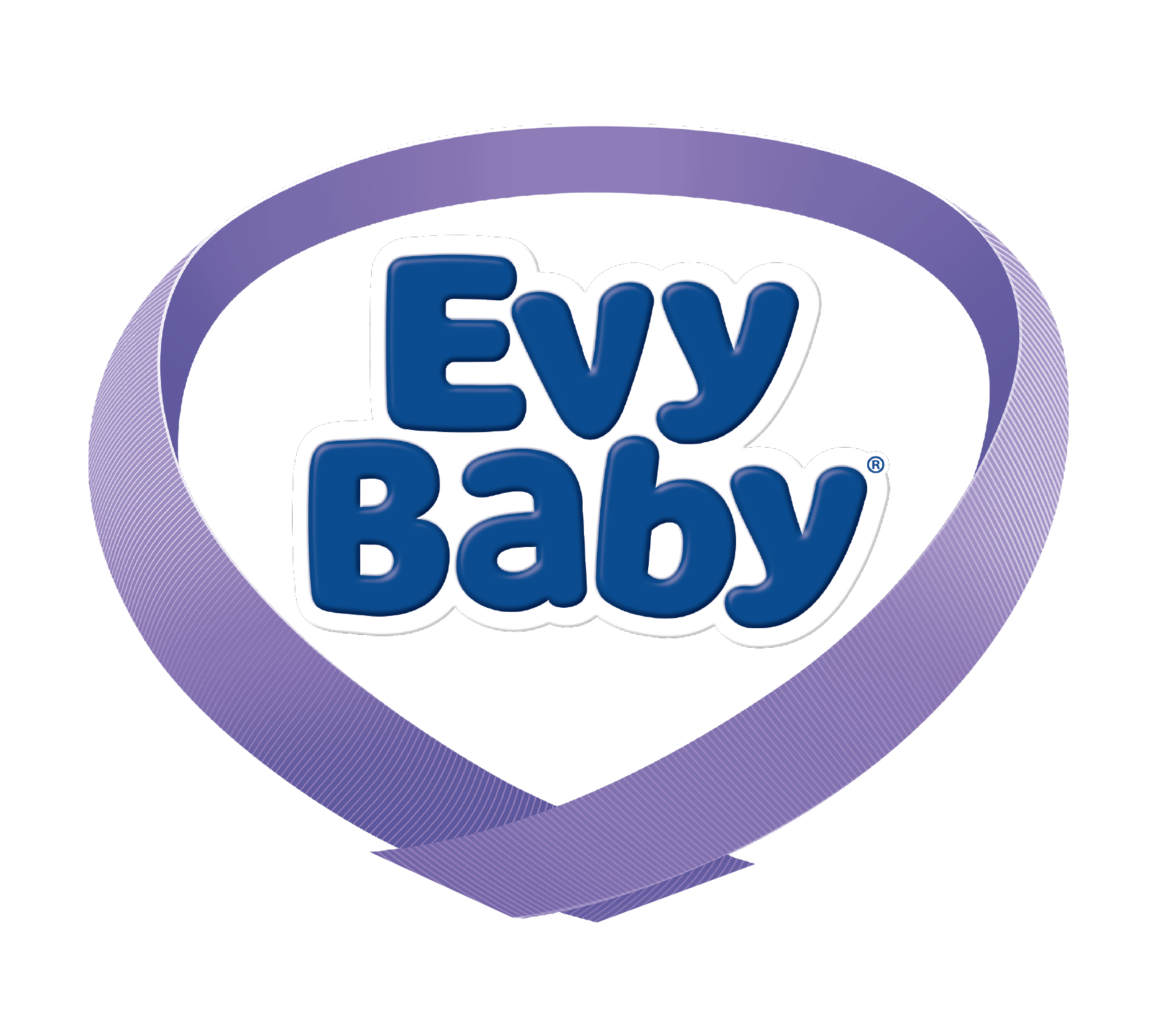

Once you become pregnant you will need to take special care of your oral health. That’s because pregnancy brings about hormonal changes in your body which may impact your dental health. Hormonal changes in your body are good for your little one, but it changes the very chemistry of your body. That’s why it becomes important more than ever to care for your teeth and gums during and after pregnancy.
You may not notice much difference in your dental health in your first trimester. But do not slack off on your daily flossing, brushing and rinsing. As the pregnancy progresses, your gums may become swollen and can also lead to other issues, such as gingivitis and periodontal (gum) disease. Increase in hormone may even cause dry mouth especially at night.
In about 10 percent of all cases of pregnancy, women experience pregnancy granulomas or gum tissue growths. Hormones also cause ligaments in your body to relax and this also includes those in your mouth. As a result many women experience lose teeth, so you might need to keep an eye on your teeth and if you experience lose tooth, you should immediately consult your dentist to understand how you can best keep your teeth and gums healthy.
Here are some of the tips that you should keep in mind while you are pregnant:
Your dental health is not only good for you but also for your baby’s health. Poor dental health has been linked to premature birth and low birth weight in babies.
As the awareness about proper dental health is increasing, more and more women are opting to get their teeth professionally cleaned to ensure healthy teeth and gums. You should also schedule your appointment during your second trimester and tell your doctor that you are pregnant. Be sure to disclose him all the medications or prenatal vitamins that you are taking.
Even after your little bundle of joy has arrived, you should continue visiting your dentist at least twice a year to make sure you are in your best oral health.